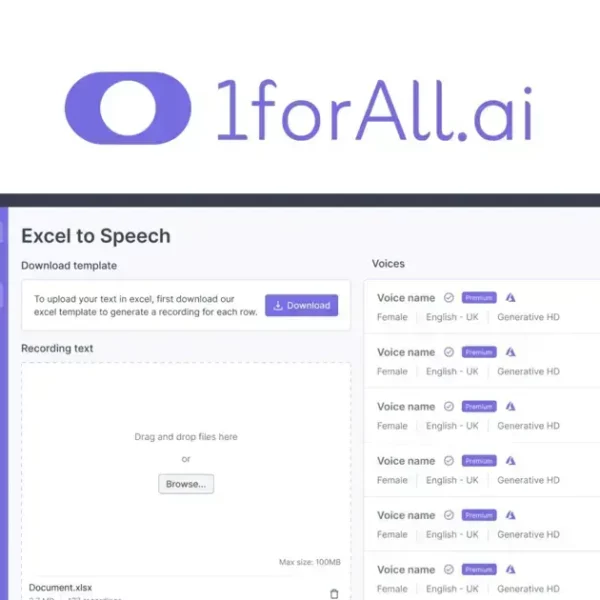Performance goals are essential for enhancing productivity and aligning employees with business objectives. Curious about how to set them effectively? Let’s dive in!
Understanding performance goals is key to improving workplace productivity. These goals help employees know what is expected of them. They provide clear targets to aim for and can motivate teams to reach their best.
What Are Performance Goals?
Performance goals are specific objectives set for employees. They can relate to sales targets, quality of work, or deadlines. Having these goals creates a roadmap for what needs to be achieved.
Why Are Performance Goals Important?
Setting clear performance goals can lead to higher employee engagement. When people understand their roles and how they contribute, they feel more invested in their work. This can improve morale and lead to better results.
How to Set Effective Goals
Effective goals should be SMART: Specific, Measurable, Achievable, Relevant, and Time-bound. This means they should be clear and doable within a set period. For example, instead of saying “improve sales,” you could say, “increase sales by 15% in the next quarter.”
Measuring Progress and Success
It’s important to track progress towards these goals. Regular check-ins can help keep everyone on the right path. Celebrating achievements, no matter how small, encourages continued effort and reinforces a positive work culture.
Overall, performance goals provide structure and direction. They not only help individuals succeed but also contribute to the company’s overall growth. Building a strong foundation with these goals can make a huge difference.




